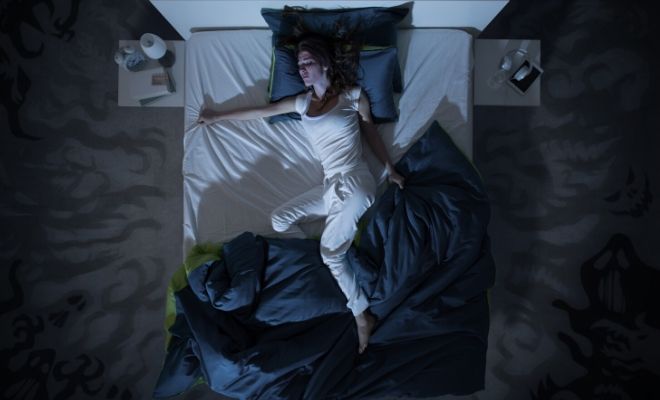Among the number of treatments for anxiety, we find one that comes surrounded by controversy, suspicion and mistrust. It is about hypnosis, a therapy that has already been presented as effective in overcoming some addictions, eating problems or even quitting smoking.

The working method of hypnosis focuses on the unconscious to change certain thoughts and behaviors, which is why it is an effective therapy to combat disorders such as anxiety and depression. However, it is advisable to be cautious when choosing the right professional, because hypnosis can help overcome anxiety, but magic cannot.
Hypnosis for anxiety
We must make it very clear that when we talk about hypnosis as a treatment for anxiety we are talking about clinical hypnosis, that is, one that is performed by a doctor or psychologist with experience in hypnosis. Therefore, it is convenient to move away from the image of the showman, half magician, half with man that we see in television programs.
Advocates of hypnosis claim that it is a more effective procedure than drugs to cure anxiety. And it is that hypnosis treats the problem of anxiety at its origin, in the manner of psychotherapy, becoming aware of the disorder, eliminating negative automatic thoughts, transforming behavior and discovering one’s own resources to live without anxiety.
A complete and effective hypnosis treatment for anxiety can consist of four or six sessions spread over three months, but its positive effects are perceived in the first session. Each session consists of three fundamental stages: relaxation, visualization and the therapy itself.
Myths around hypnosis
There are some aspects that should be clarified regarding hypnosis. It is a suggestion mechanism that can help us solve certain emotional problems by understanding their cause and finding solutions. From this point of view we must remove the fear or rejection that this technique of hypnosis produces.
Because hypnosis has nothing to do with a person’s will or decision-making capacity, but rather with a kind of cleansing of negative thoughts, with seeing the problem that anxiety causes us from a more realistic perspective without the distortion of the disorder itself Emotional. No therapist or hypnotist is capable of manipulating the will.
In a hypnosis session, relaxation and an approach to the unconscious come into play. The role of the therapist is to take us to that interior to which we rarely have access on our own and where we find all the resources we need to be psychologically stronger.






